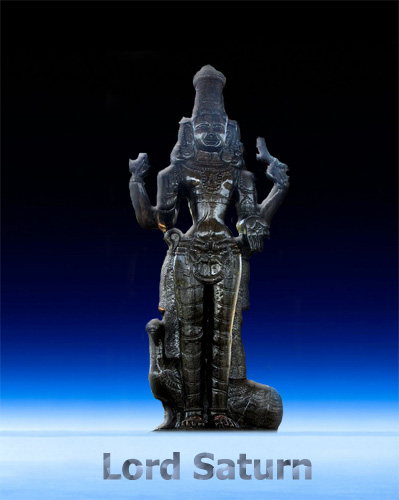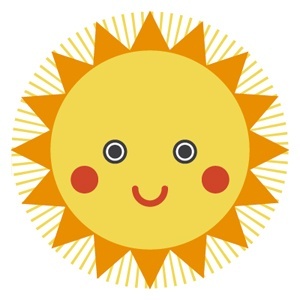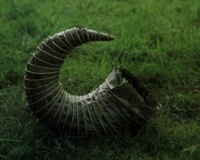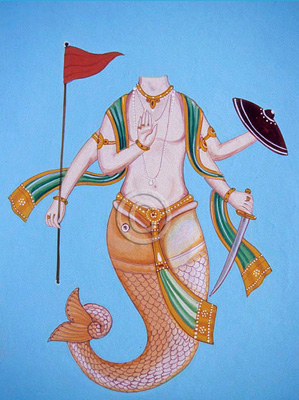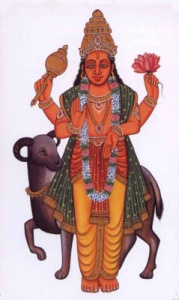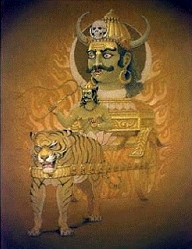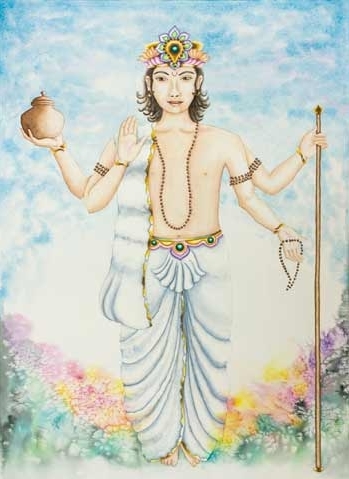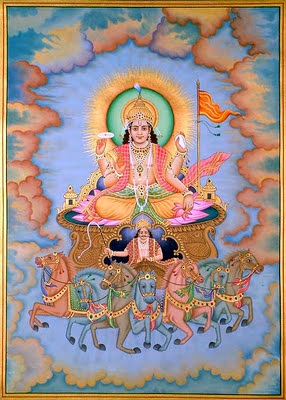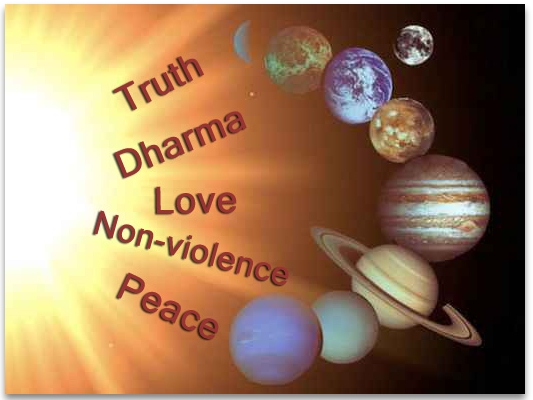Human Values and Astrology
Value: Peace Sub-value: Forbearance
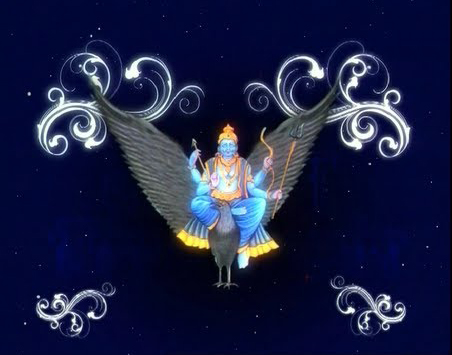
Oh Lord Saturn! The mysterious one,
Thy mother is the shadow and thy father is the Sun,
You are considered, only maelific, by some,
Others know you as the benevolent one.
God gave you the task to purify each one
Through all types of experiences under the Sun.
Bless us and remove our shackles, one by one.
Saturn is a disposer of universal energy in the form of light and magnetism, for all energy comes from the Central Sun of all Universes, to our galaxy, to our solar system and flows to Sol, the Sun. From our Sun, the seven rays are directed to the seven planets and two nodes, Rahu and Ketu; thence the planets and nodes combine and recombine tlight and magnetism and reflect these as cosmic force into the field of birth. The field of right action is the field of the human body. Saturn directs measures of light and magnetism to our janma (birth) for cosmic purpose.
Read more
![]()


